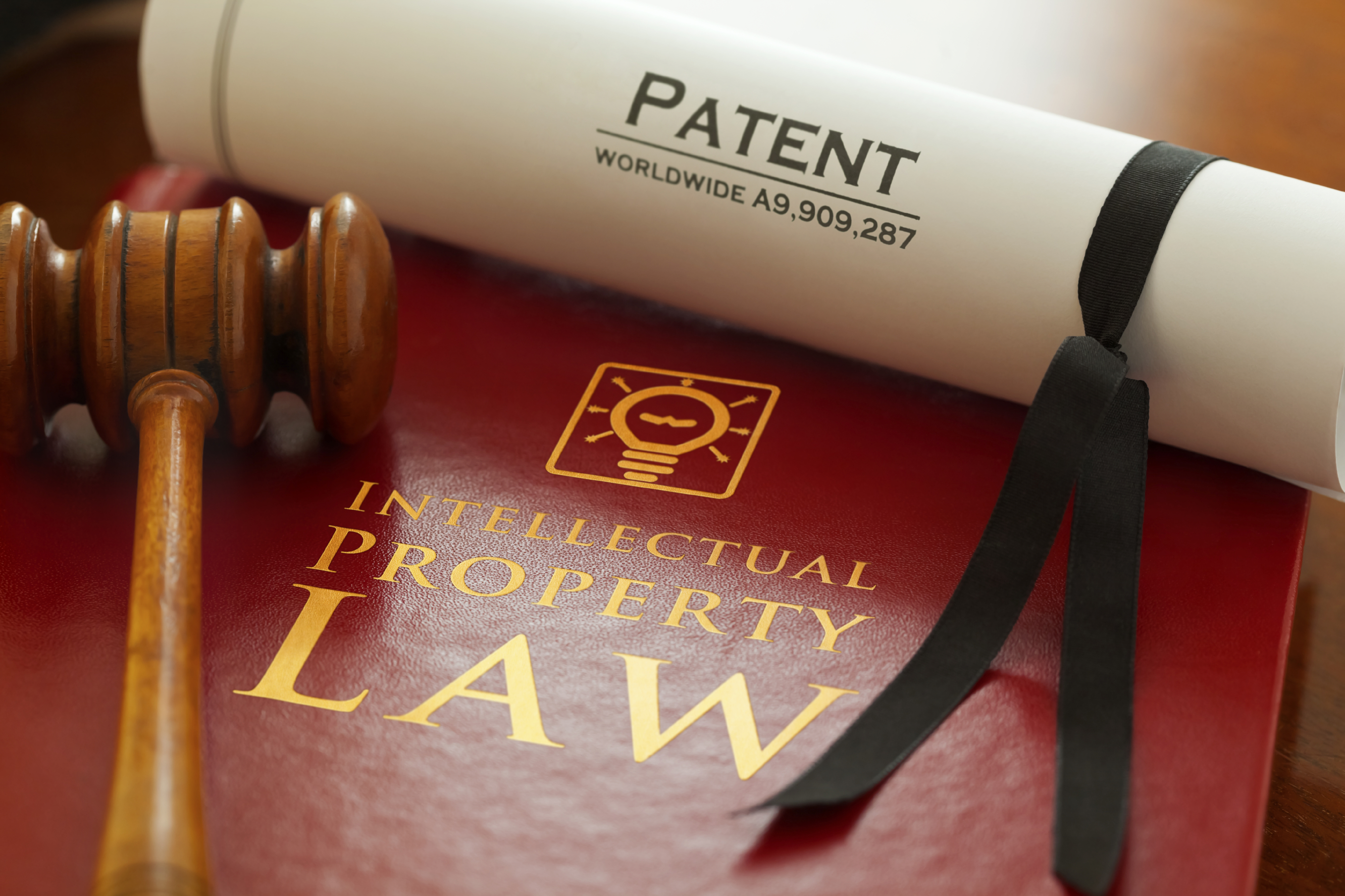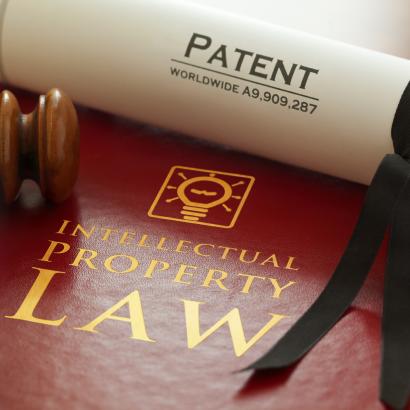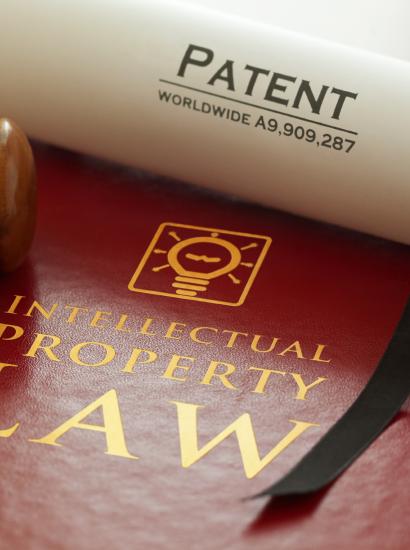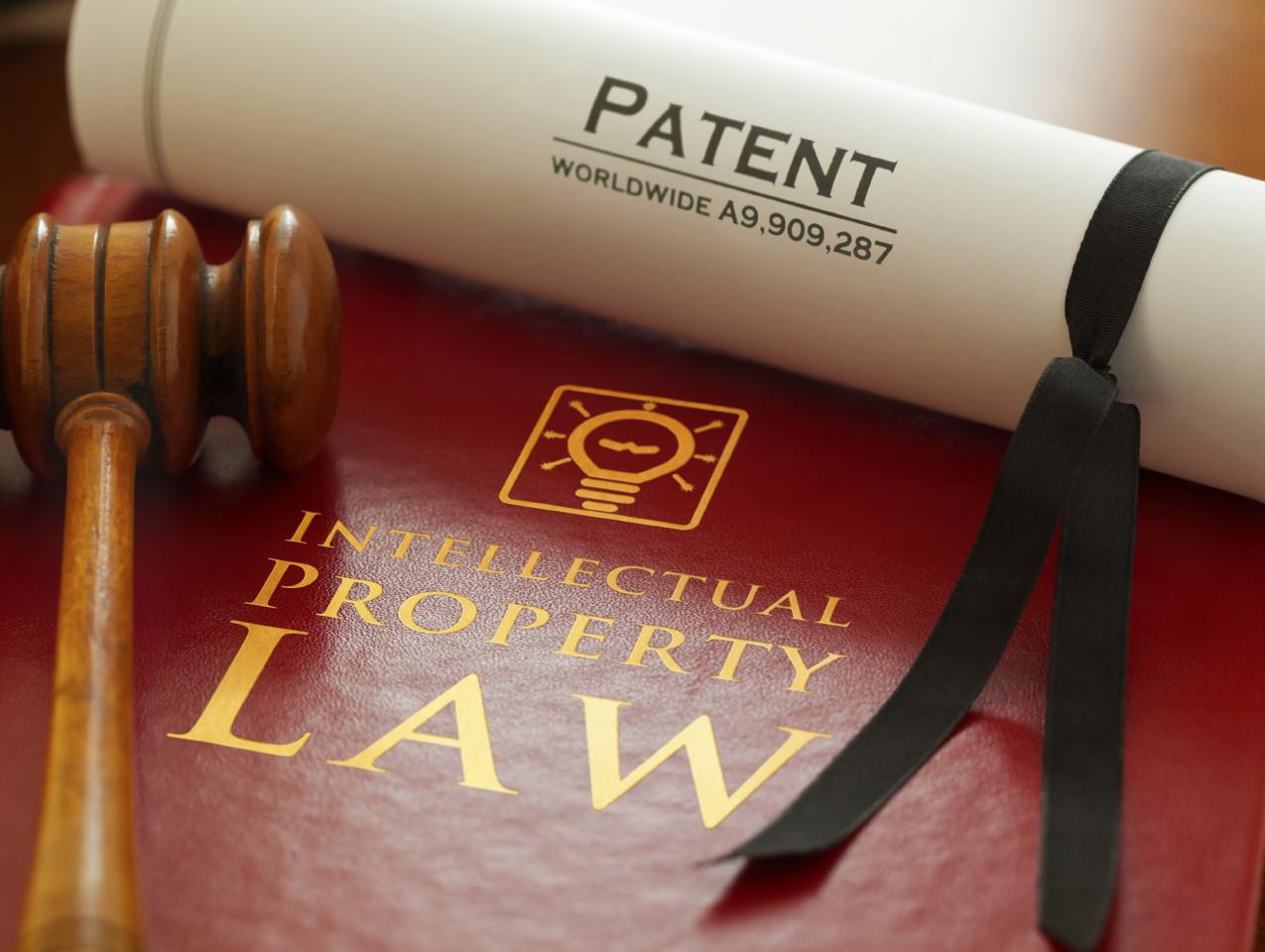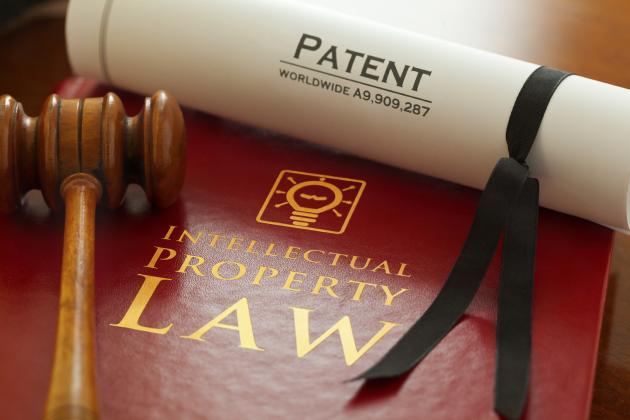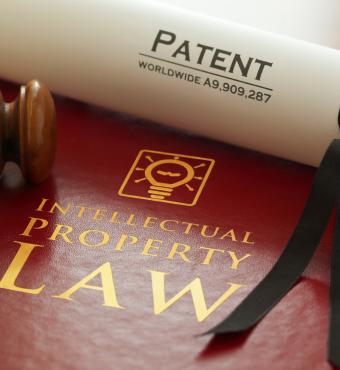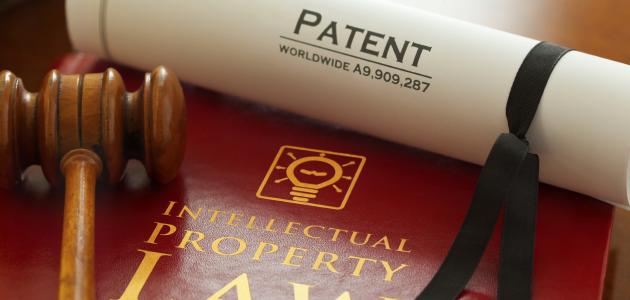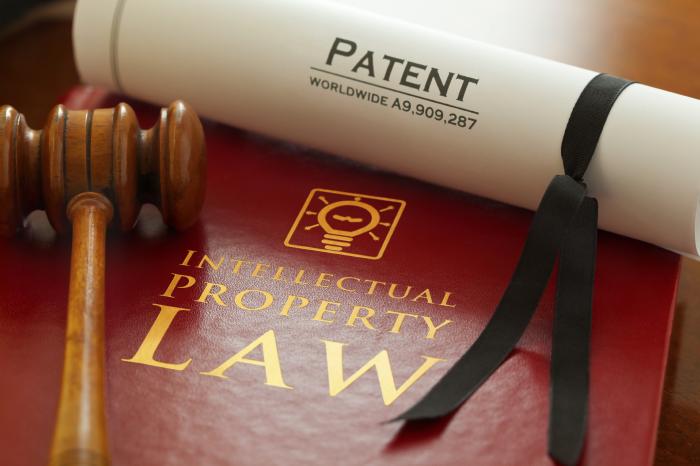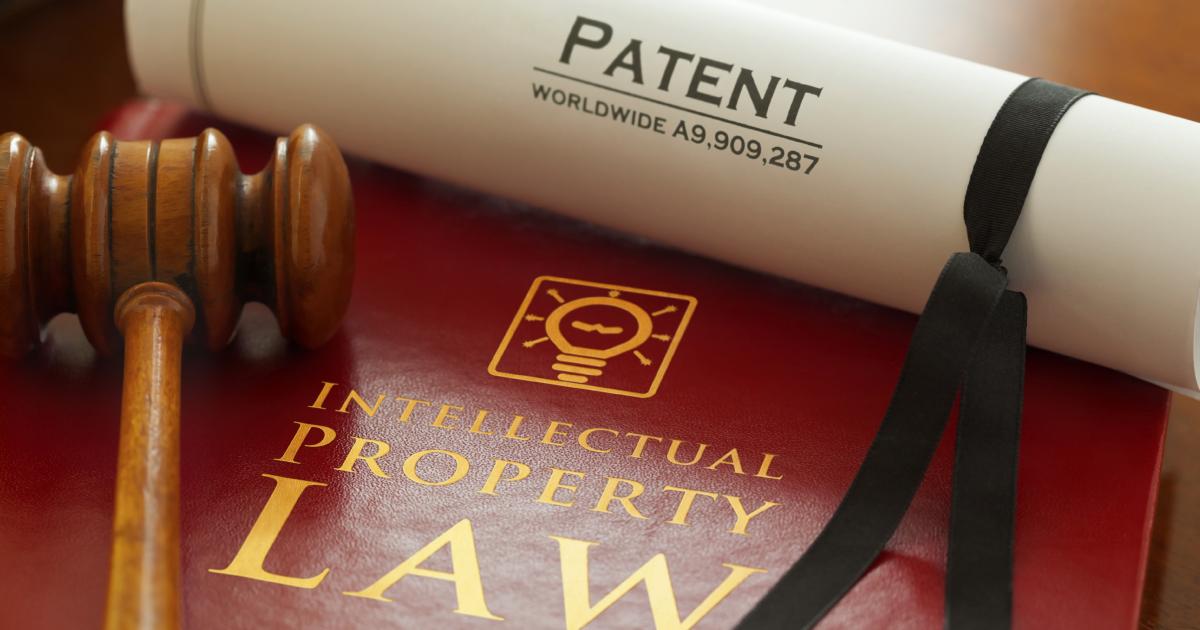- Energy & Environment
- Politics, Institutions, and Public Opinion
Introduction:
Across the world, a transactional problem known as “patent holdup” has gained mainstay in academic and policy circles. Patent holdup is said to occur when a patent owner makes licensing or cross-licensing demands that are more onerous than those anticipated by technology implementers when they decided to enter the industry. Patent holdup is often considered more severe in relation to a category of patents that are declared essential to the implementation of an industrial standard, known as standard essential patents (“SEPs”). SEPs are limitedly open to design around, and when technology implementers have made early sunk investments in a standardized technology, they are locked in with no other choice but to take a licence if they want to practice the standard. With this, patent owners are said to be able to extract royalties in excess of what they could have anticipated had their patent not become essential to the standard or what is known as supra-FRAND rates.
Read the paper: Patent Trespass and the Royalty Gap: Exploring the Nature and Impact of ‘Patent Holdup’






